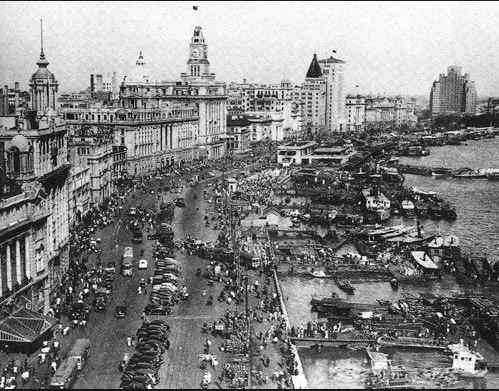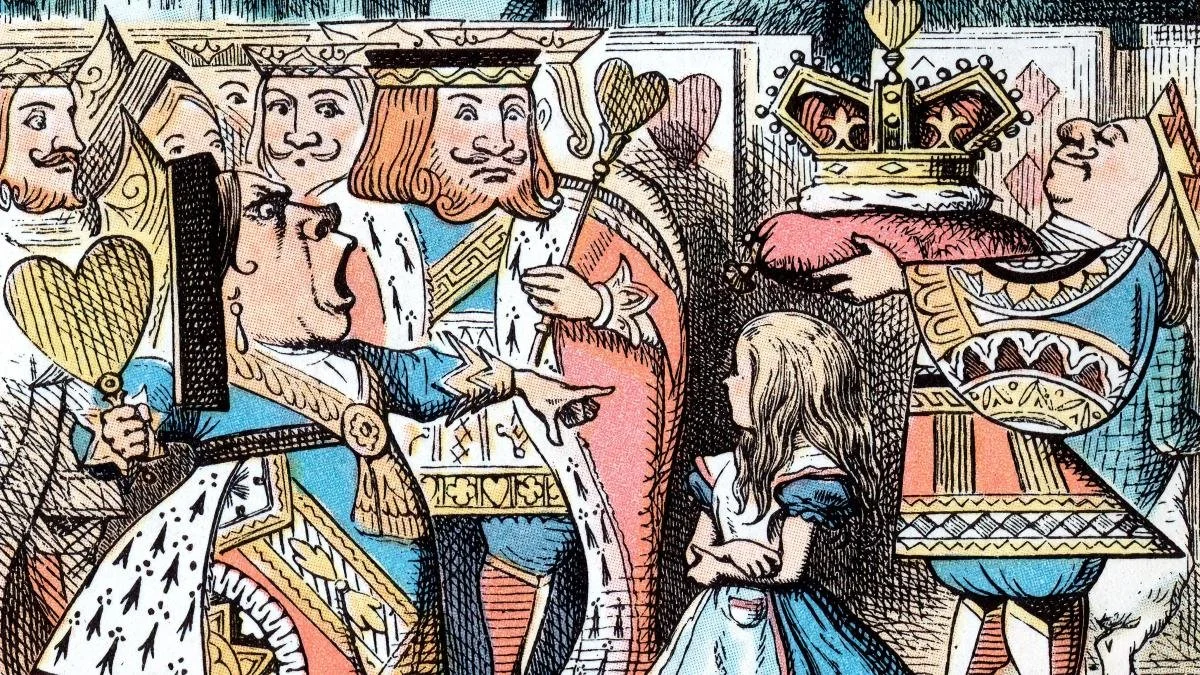ALICE'S BOOK BY KARINA URBACH - How the Nazis stole my grandmother's cookbook
Alice Urbach at the School at Windermere where she looked after Jewish orphan girls
The Cambridge Critique’s Mike Levy has just released a book about the children who came to Britain in the dark days of World War 11. ‘Get the Children Out1’ Unsung heroes of the Kindertransport is the result of years of research. Alice Urbach’s life predates and overlaps with this terrible time. And it is based on cooking. It deals with the theft of a best-selling cookbook by the Nazis. In its well documented pages find an unusual account of an ordinary woman whose only real skill was cookery. And whose life was saved by cuisine.
This remarkable book, translated from the German by Jamie Bullock, tells the story of one woman from Vienna - but also takes an enthralled reader all over the world from China to the USA and England. Karina Urbach’s book was first published in Berlin - in German. It is clearly well translated, the brisk direct personality behind it, Alice herself, emerges as a determined imaginative devotee of hard work and resilience. The book itself is sensational. It has pace, detail, revelations and a brilliant momentum to buoy any reader up and over its tragic territory. It is a beacon of hope and an affirmation of the human spirit.
But it doesn’t do what it says on the tin. Karina Urbach does write about her grandmother and her struggle to assert ownership of her best selling cookbook So Kocht Mann in Wien! - Viennese Cooking . And of course the little known theft of Jewish books is appalling . But against the wider epic drama of the Urbach family and Alice’s triumphant resilience, this seems almost a disappointing detail.
Vienna in all its glittering pre-war glory emerges in the first pages when a group of tall sporty American college students, Cordelia Dobson and her brother and sisters,and their Austrian hosts, the Urbachs, attended the Vienna State Opera to watch Eugene Onegin. It was March 11th 1938 - the night the Prime Minster announced his resignation, forced from power by the encroaching Nazis. Dinner after the opera was cancelled. Life would never be the same again for both families. In the pages which follow all densely researched, Alice and her sons Otto (the author’s father) and Karl, Karli (a medical student, later snatched suddenly from brutal imprisonment in Dachau ), the fascinating Cordelia (who later works in Europe for the American secret service) and her even more alluring sister become all part of an international drama. The author takes us with Otto to the horrors of the destruction of Shang-Hai by the Japanese to the palmy shangrila of Reed College Oregon, School of Engineering and Design where Mr. Dobson holds sway and allows Otto an escape route from the gathering clouds of late thirties fascism. Delightful interstices abound - enterprising Otto begins a ski school and begins the USA love affair with snow sports.
Meanwhile Alice, widowed early in her home city, faces money troubles. She sets up a Cookery School in the basement of an old school, and after a first day with one pupil soon catches the mood of modern women, now without servants in Vienna, and becomes the most sought-after venue in Vienna. The Cookbook follows. Alice is in clover.
But it is 1938. The horrors are about to begin. Alice is manoeuvred to England - she can remember nothing of the final weeks in Vienna, her granddaughter speculates - she refused to even recall them so little did they chime with her view of herself which was so far from a victim. But Otto’s American friends from Reed College pulled strings and suddenly she was in London before a committee who had only one job offer for any emigré - domestic service. As so many grand households had lost their servants following the First World War, they were desperate to try and keep the old order going, with maids butlers and cooks in short supply. Once a third of women were in service - suddenly no one wanted the hours, the humiliations, the servility of the job no matter how well it emerges now from Downton Abbey. Ironically the real Downton Abbey is where Alice was posted.
She finds work cooking for a horrendous woman, chatelaine of Harlaxton Manor, (now the Downton Abbey set), but sacked when her employer fails to lose weight. On a constant diet, she cannot stay away from Viennese cuisine - Alice’s cooking is so irresistible. A move doubly regrettable, since Alice was a mistress of nutrition, fresh food cooking and had a wary eye on calories consumed, talents she took to her next job.
Alice became friends with Anna Freud daughter of Sigmund Freud, and took a post running a hostel for refugee,often orphaned girls, in Tynemouth. With Anna’s advice and Alice’s practical care, particularly her ingenious and nutritious meals, the poor children there, bereft and despairing, did weather the worst of their bereavement and loss.
The photographs in the book are intriguing. We see the dashing Karl, as he graduates, Otto in the USA, glamorous Cordelia and family. And we get totally fascinating snippets of interconnection - Reed College’s principal was Steve Jobs’ tutor.
The loss of control over Alice’s cookbook So Kocht Mann in Wien! is infuriating. And she was upset over it herself - yet when you look at pictures of her in her nineties, cheerfully teaching pupils in her San Francisco Cookery School, the determined creative generous survivor emerges stronger than any litearary loss. Her own last sadnesses were for her sisters Sidonie and Helene murdered in Theresienstadt.
So Kocht Mann in Wien! has been published - after a long struggle - under Alice’s own name. She would have been delighted.
Alice cooking
Alice aged 96 years teaches in her school in San Francisco.









